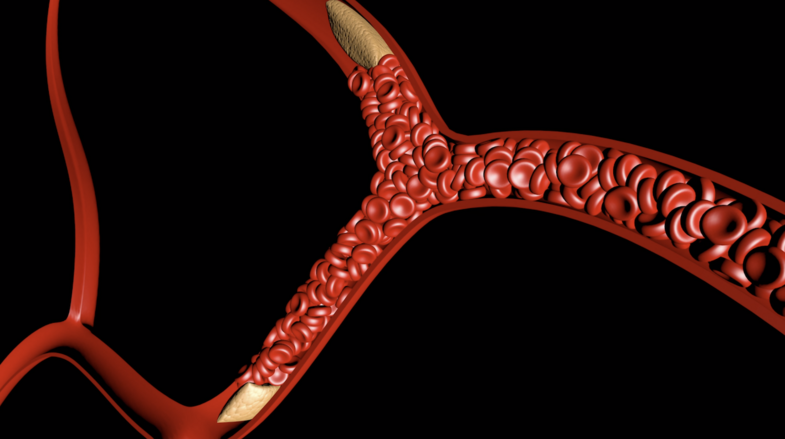The research team found out that metabolic disease affects blood vessels in different organs of our body in a unique way. For instance, blood vessels in the liver and fat tissue struggle to process the excess lipids, kidney vessels develop metabolic dysfunction, lung vessels become highly inflammatory, and transport across the brain vessels is defective. “As vascular dysfunction drives all major pathologies, from heart failure to atherosclerosis and neurodegeneration, our research shows how bad eating habits molecularly promote the development of diverse diseases,” explains Dr Olga Bondareva, the first author of the study.
“We want to elucidate molecular mechanisms of obesity in order to be able to offer patients tailor-made therapies in the future,” adds HI-MAG director Professor Matthias Blüher. The speaker of Collaborative Research Centre 1052 Obesity Mechanisms has been conducting research on morbid obesity at Leipzig University for years. The present study also involves scientists from Leipzig who work in the fields of cardiology and laboratory medicine.
The researchers then asked whether a healthy diet could reduce the disease-causing molecular signatures induced by a bad diet. Their results show that a healthy diet can indeed improve the molecular health of blood vessels, albeit only partially. For instance, the blood vessels in the liver recovered nearly completely, but blood vessels in the kidneys retained the disease signature, despite a healthy diet and significant weight loss. This means that some of our blood vessels can develop a “memory” of metabolic disease, which is difficult to reverse.
Obesity research in Leipzig
Researching the mechanisms and treatment of obesity has been a focus of university research in Leipzig for many years. There is a diverse research landscape dedicated to the prevention and treatment of the disease. Obesity research in Leipzig encompasses a wide range of topics, including genetic associations, metabolic disorders, mechanisms of fat accumulation, the role of the brain in eating, and therapeutic interventions for losing and maintaining weight.
The Helmholtz Institute for Metabolic, Obesity and Vascular Research (HI-MAG) is a joint institution of Helmholtz Munich with Leipzig University’s Faculty of Medicine and Leipzig University Hospital. The institute investigates the molecular basis of morbid obesity in order to enable precise therapies for obesity and its secondary diseases by means of a clinical and translational research approach.
Original publication in Nature Metabolism
“Single-cell profiling of vascular endothelial cells reveals progressive organ-specific vulnerabilities during obesity” Bondareva et al. DOI 10.1038/s42255-022-00674-x
Contact: Dr Bilal Sheikh, bilal.sheikh(at)helmholtz-muenchen.de
Funding information
Deutsche Forschungsgemeinschaft (DFG), project grants and SFB1052, and funding from the Free State of Saxony and Helmholtz Munich






























































